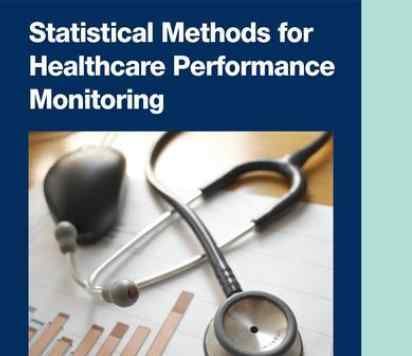BibTex format
@article{Warner:2022:10.1136/bmjqs-2021-013942,
author = {Warner, M and Burn, S and Stoye, G and Aylin, PP and Bottle, A and Propper, C},
doi = {10.1136/bmjqs-2021-013942},
journal = {BMJ Quality & Safety},
pages = {590--598},
title = {Socioeconomic deprivation and ethnicity inequalities in disruption to NHS hospital admissions during the COVID-19 pandemic: a national observational study},
url = {http://dx.doi.org/10.1136/bmjqs-2021-013942},
volume = {31},
year = {2022}
}
